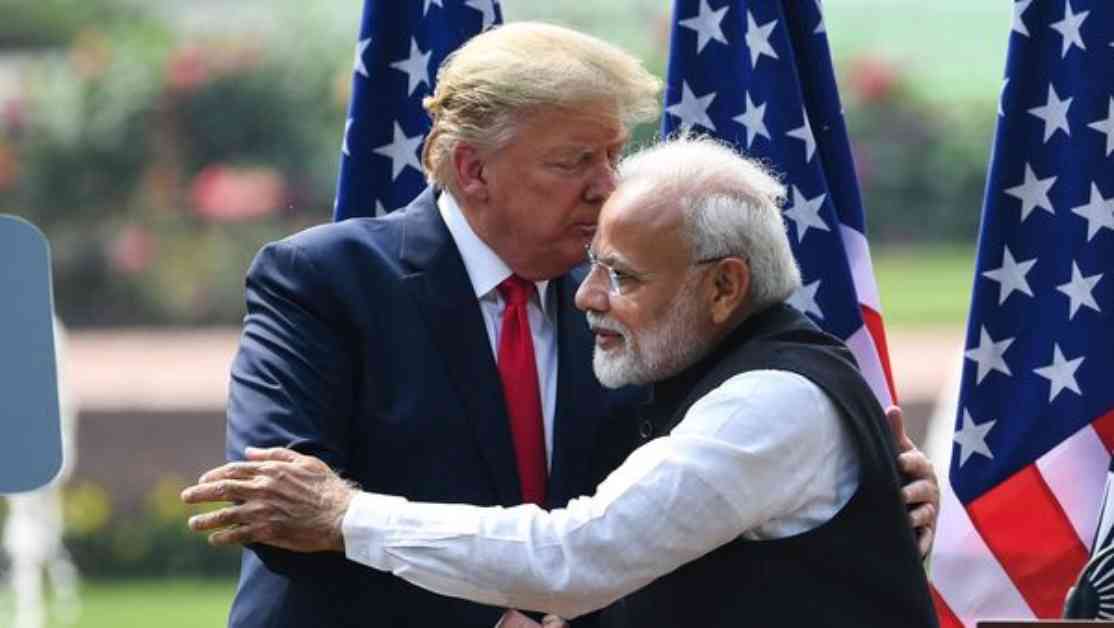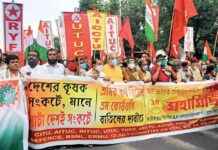The National Democratic Alliance (NDA) led by Prime Minister Narendra Modi has set an ambitious agenda for the Budget Session of Parliament, slated to commence on January 31. Among the 16 bills lined up for discussion, one particular piece of legislation has piqued the interest of both lawmakers and the public—the ‘Immigration and Foreigners Bill, 2025′.
This new bill, along with two others—’The Protection of Interests in Aircraft Objects Bill’ and ‘The Tribhuvan Sahkari University Bill’, marks a significant shift in the Modi government’s legislative priorities for the upcoming session. With the President’s address to the joint sitting of the two Houses kicking off the session, all eyes are on the proposed Immigration and Foreigners Bill.
Immigration and Foreigners Bill: A Strategic Move
While the specifics of the Immigration and Foreigners Bill remain shrouded in mystery, analysts speculate that it could serve as a comprehensive framework to streamline the entry of immigrants into the country. If enacted, this legislation might consolidate existing laws such as the Foreigners Act 1946, the Passport Entry into India Act 1920, and the Registration of Foreigners Act 1939 under a single umbrella.
The underlying motive behind this proposed bill seems to address the pressing issue of illegal immigration, particularly concerning Bangladeshi and Rohingya migrants. This move aligns with the Modi government’s broader agenda to tackle unauthorized immigrants, a sensitive subject that has garnered attention in states like West Bengal and Jharkhand.
The parallels drawn between the Immigration and Foreigners Bill and the policies implemented by former US President Donald Trump have not gone unnoticed. Trump’s aggressive stance on illegal immigrants, exemplified by executive orders and legislative actions during his tenure, seems to have influenced the Modi government’s approach to immigration reform.
The Budget Session Landscape
As the Budget Session unfolds, the stage is set for Finance Minister Nirmala Sitharaman to present the Union Budget 2025, a pivotal moment that will shape the country’s fiscal trajectory in the coming year. With a diverse array of bills spanning sectors such as banking, railways, disaster management, and education on the docket, lawmakers have a robust agenda to navigate.
The strategic placement of the Immigration and Foreigners Bill within this legislative lineup underscores the government’s intent to address critical policy areas ahead of the 2029 General Elections. By introducing key reforms and recalibrating existing frameworks, the Modi administration aims to chart a course that resonates with the electorate and addresses pressing national concerns.
In conclusion, the convergence of geopolitical trends, domestic imperatives, and electoral dynamics underscores the significance of the Immigration and Foreigners Bill in shaping India’s future trajectory. As lawmakers convene to deliberate on this pivotal piece of legislation, the echoes of global migration debates and the imperatives of national security converge, setting the stage for a substantive dialogue on immigration reform.
The information and insights shared in this article aim to provide a nuanced understanding of the complex interplay between policy imperatives, political dynamics, and public discourse surrounding immigration and foreign affairs. By shedding light on the motivations, implications, and broader context of the Immigration and Foreigners Bill, readers can glean a deeper appreciation for the multifaceted challenges and opportunities that define contemporary governance.


























